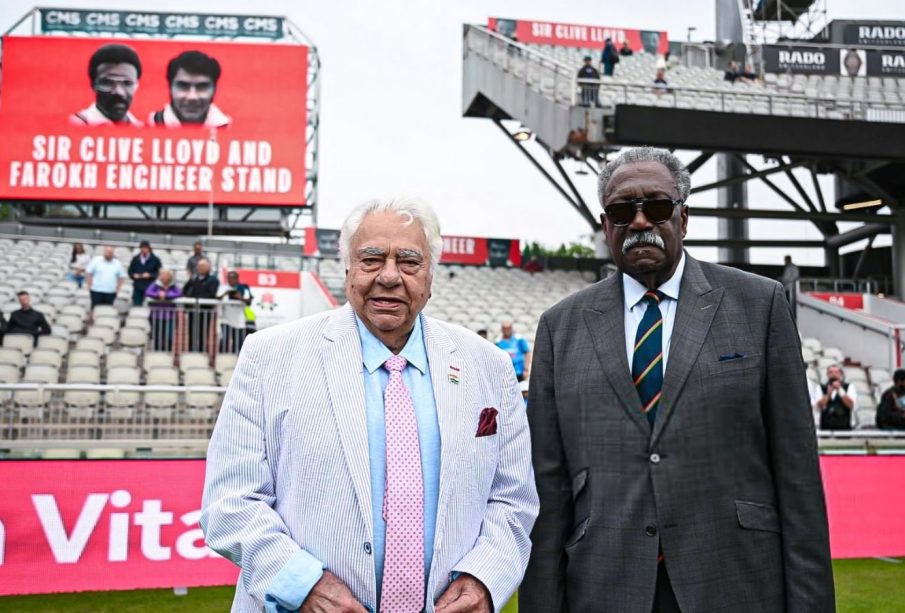The Legacy of Farokh Engineer in Cricket History

Introduction
Farokh Engineer, a name synonymous with Indian cricket, holds a significant place in the hearts of cricket fans and historians alike. Born on February 25, 1938, in Pune, India, Engineer was not just a cricketer, but a pioneering wicketkeeper-batsman who shaped the game in the era of growing competition and evolving techniques. His contributions are particularly relevant today as the cricketing world acknowledges the evolution of wicketkeeping and the vital role such players have played in the sport’s rich history.
Career Highlights and Achievements
Farokh Engineer made his Test debut for India in 1961 against England, becoming known for his agile wicketkeeping skills and aggressive batting style. Over the course of his career, which spanned until 1975, he participated in 46 Test matches, scoring 2,409 runs at an average of 31.12, alongside 75 dismissals. His ability to keep wickets while contributing with the bat established him as one of India’s finest idle cricketers during his time.
One of the standout moments of Engineer’s career came during the 1972-73 series against England, where he displayed remarkable skills behind the stumps and in the batting line-up. He was part of the team that achieved a historic victory on English soil, cementing his status as a key player for India. In addition to his Test career, Engineer also showcased his talent in One Day Internationals (ODIs), playing in 5 ODIs and earning respect for his consistent performances.
Beyond the statistics, Engineer was known for his sportsmanship and camaraderie within the team. Post-retirement, he continued to contribute to cricket through commentary and coaching, guiding new generations of players and elevating the standard of wicketkeeping in India.
Recent Developments and Recognition
As of late 2023, Farokh Engineer remains a prominent figure in cricket circles, notably being remembered for his achievements in discussions of India’s cricketing legacy. His milestone achievements have been recognised by accolades and tributes from various cricket boards and associations, as he often features in special discussions during milestone events in cricket history.
Furthermore, Engineer continues to inspire young cricketers through workshops and public speaking engagements, emphasising the need for fitness, technique, and mental resilience in the game.
Conclusion
Farokh Engineer’s career serves as an enduring inspiration not only for aspiring cricketers in India but for cricket enthusiasts around the world. His journey reflects the evolution of the game as a whole, showcasing the importance of wicketkeeping as a specialist position. As discussions about the future of cricket and the emergence of new stars continue, Engineer’s legacy acts as a reminder of the skills and dedication required to excel at the highest levels of the sport. With cricket ever evolving, the impact of pioneers like Farokh Engineer will remain influential for generations to come.









